Europe of Leaders
Meglena Kuneva, Deputy Prime Minister for European Policies Coordination, September 23, 2015
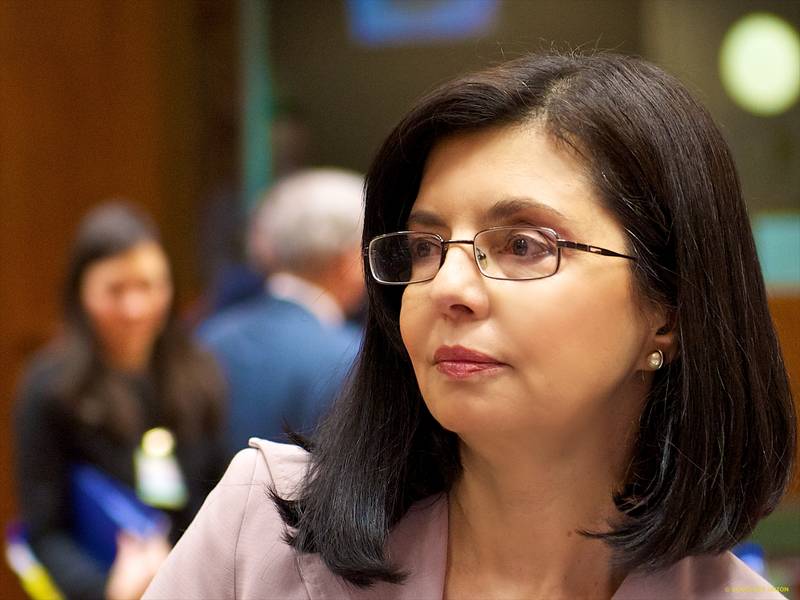 Perhaps the cliché that Europe moves forward, pushed by crisis situations to which it finds solutions, will prove correct. In the case of the financial crisis the answer was a much closer cooperation, much more discipline, and many more common decisions. Today’s refugee crisis in Europe once again puts to the test our ability to overcome issues together as a union. For the first time in decades leaders in the EU can be counted. The ones prepared to lose temporary fame but offer the correct long-term solutions for their country and the Union as well. With no excuses that the issue must be studied longer and that it could be analysed deeper, without the comfort of postponing and waiting.
Perhaps the cliché that Europe moves forward, pushed by crisis situations to which it finds solutions, will prove correct. In the case of the financial crisis the answer was a much closer cooperation, much more discipline, and many more common decisions. Today’s refugee crisis in Europe once again puts to the test our ability to overcome issues together as a union. For the first time in decades leaders in the EU can be counted. The ones prepared to lose temporary fame but offer the correct long-term solutions for their country and the Union as well. With no excuses that the issue must be studied longer and that it could be analysed deeper, without the comfort of postponing and waiting.
Today Europe stands divided and this is not good. At the European Council summit on September 23rd there could even be an open vote – an almost unprecedented occasion in the history of the institution.
I am convinced that at the current stage the quota system for accepting and relocating refugees being mandatory for member states is the only possible and correct one for Europe. If we want to remain a union, a community, which holds solidarity as a founding principle we have to realise that the refugee problem is an issue that requires everyone’s participation. Backing it was the correct decision for Bulgaria. Today, there is a huge aggregation of people in Greece, Italy, and Hungary, but we are a front line country and tomorrow the mass of people could be at our home and we would be expecting the same solidarity. If it comes to a vote, the Bulgarian votes could prove decisive.
It is important to remember that we need to contribute to all other decisions – defining the list of safe countries of origin, financial aid to Turkey for the refugees on its territory, reinforcing Frontex, return of migrants with no refugee status, active foreign policy and targeted humanitarian aid towards security in third countries and countries in conflict, engagement of partners – both Gulf states and Euro-Atlantic ones, improving Schengen legislation. Those are just part of the tasks. What is important is that we have them identified. What is important is that even the most sceptical ones agree that only a common solution has any value.
Today, we are witnessing temporary reinstatement of border control within the Schengen area. Many voices appeared to rashly announce the end of Schengen. No, it is not. Just like the financial crisis was not the end of the euro area, on the contrary, it made the euro a stronger currency. Both German Chancellor Merkel and the other big leader of today – Jean-Claude Juncker – clearly state there is no giving up on Schengen, there is no nationalising back of policies, there is no destruction of Europe. Their decisions are true as much because of humanity, as because of pragmatism. Bulgaria, although outside Schengen, stands by this freedom – of free movement, security, and common borders.
There were voices, including in our country, that now is not the time to press on with our requests for Schengen membership. On the contrary, right in this crisis situation, more than ever Schengen is a condition for the security of both Bulgaria and Europe. When we are talking about securing outside borders and shared responsibility in the refugee situation, Bulgaria can be trusted. We have proved it and we continue to prove it every day. Bulgaria will profit from Schengen, but Schengen will also profit from Bulgaria. Today, when information exchange between security agencies in Europe is of key importance to the prevention of threats, accompanying the refugee flow, our state cannot be excluded from this information flow.
Let me make myself clear: this is not haggling, neither is it a condition for support of a correct policy – the new migration policy proposed by the EC. This is common European interest. I will be delighted to see all Bulgarian representatives, everywhere and in unison, standing together at the position that Bulgaria is worthy of the Schengen area.
I want to clearly state, however, that it is exactly because of the complicated international situation that we need to preserve stability in our country. To me such stability means guarantees for internal security as well. I am not only talking about the work of the security agencies, but of the fact that it is exactly now that rule of law must be protected at any cost.
Everybody on Bulgarian and European territory is expected to follow ours and the European laws and rules. This is a mandatory condition for us to extend a helping hand to the needy. In order to expect that, however, we need to work twice as hard for the establishment of those rules in our country. In domestic political terms this means an uncompromising fight against corruption and completion of the judicial reform.
It is because all of this that I maintain my position and will defend it: Bulgaria must accept anti-corruption legislation and institute open voting in the Supreme Judicial Council - two issues that are turning into the core of our problems. Now we have the chance to solve them. With an 8-party Parliament that gradually got accustomed to culture in negotiations and this is a clear sign for political will, with a society that has achieved stabilisation, which is sustainable and guarantees predictability, especially at the backdrop of close-by unstable regions, even neighbouring countries. I have no doubt that Bulgaria’s position on the refugees proves our state’s maturity and gives us the opportunity to say: this is why you can believe in Bulgaria and we can believe in Europe. September 23rd is the moment to defend our claims and interests as residents of the European home. I am confident that Bulgaria will take the side of leadership.
Translated by Stanimir Stoev
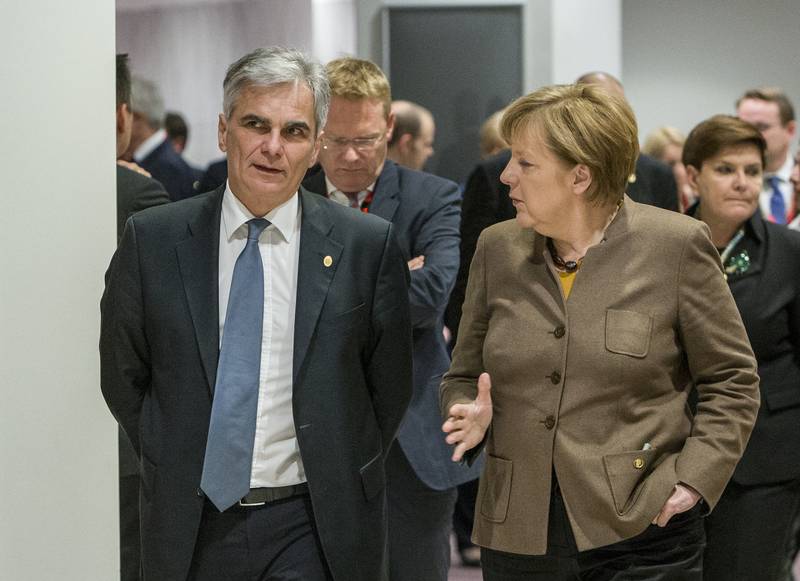 Werner Faymann, Angela Merkel | © Council of the EU
Werner Faymann, Angela Merkel | © Council of the EU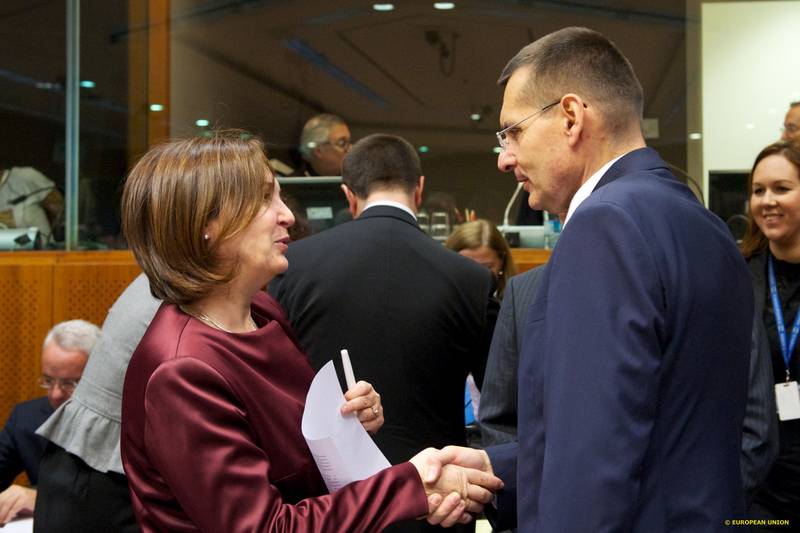 Rumyana Bachvarova, Petre Toba | © Council of the EU
Rumyana Bachvarova, Petre Toba | © Council of the EU Meglena Kuneva | © Council of the EU
Meglena Kuneva | © Council of the EU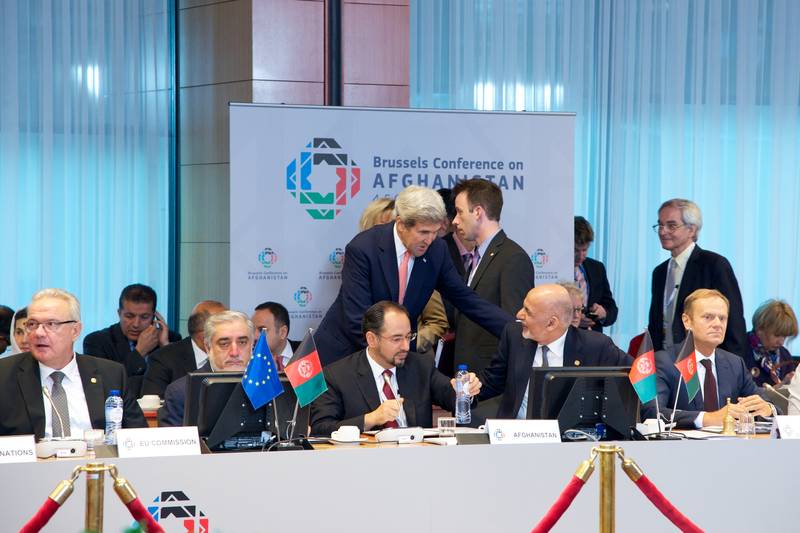 | © Council of the EU
| © Council of the EU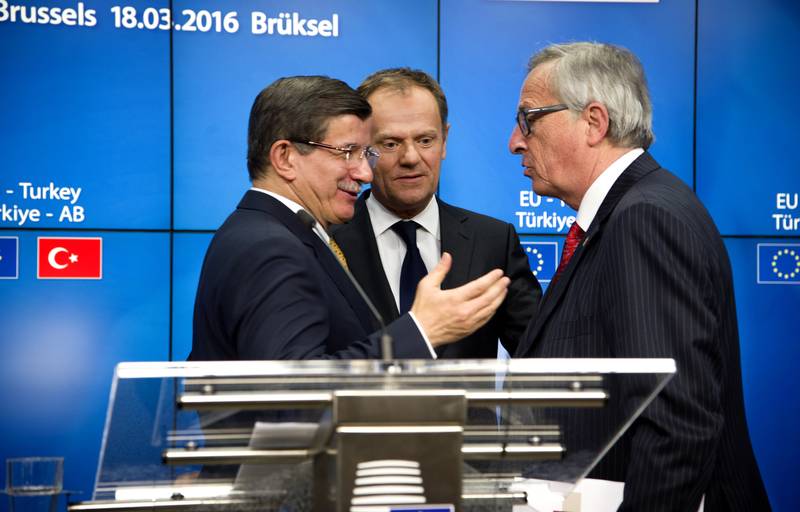 Davutoglu, Tusk, Juncker | © Council of the EU
Davutoglu, Tusk, Juncker | © Council of the EU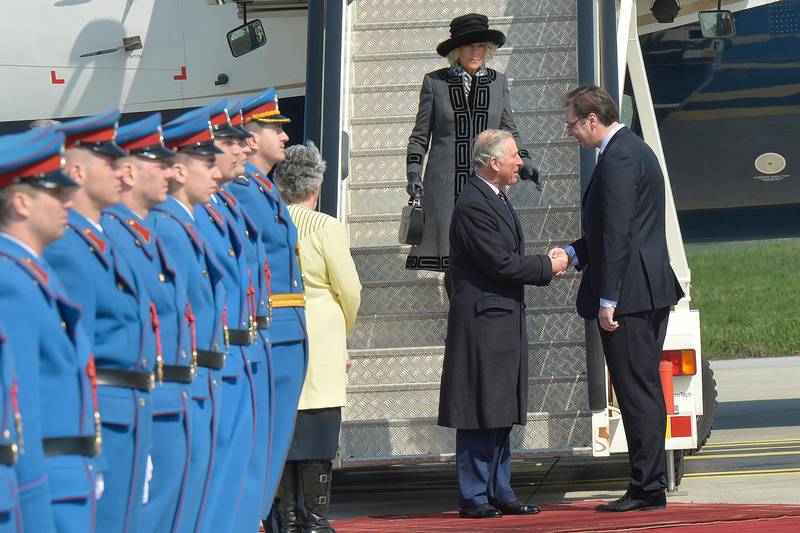 | © Vlada RS
| © Vlada RS